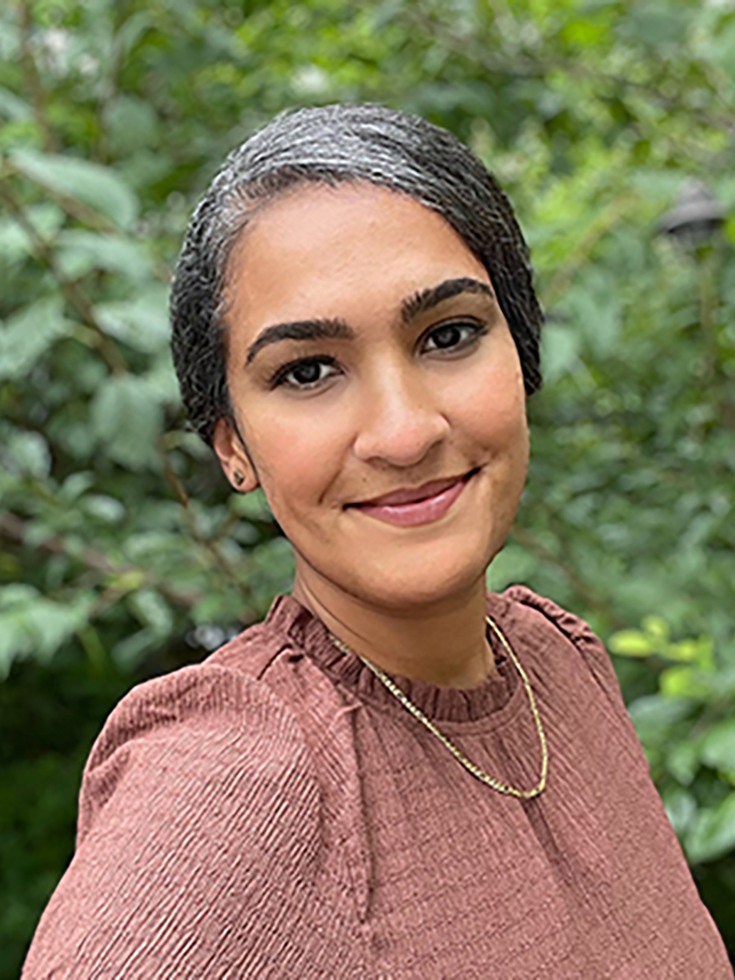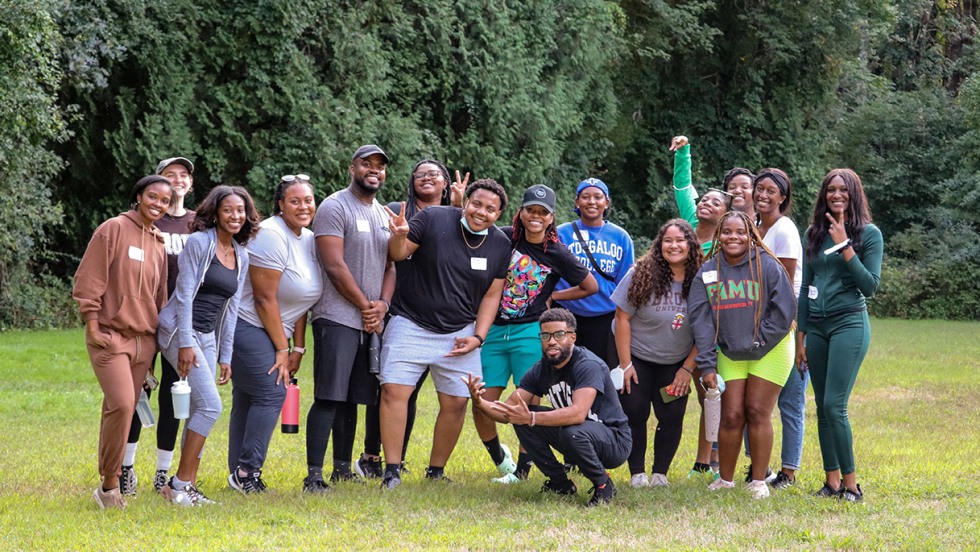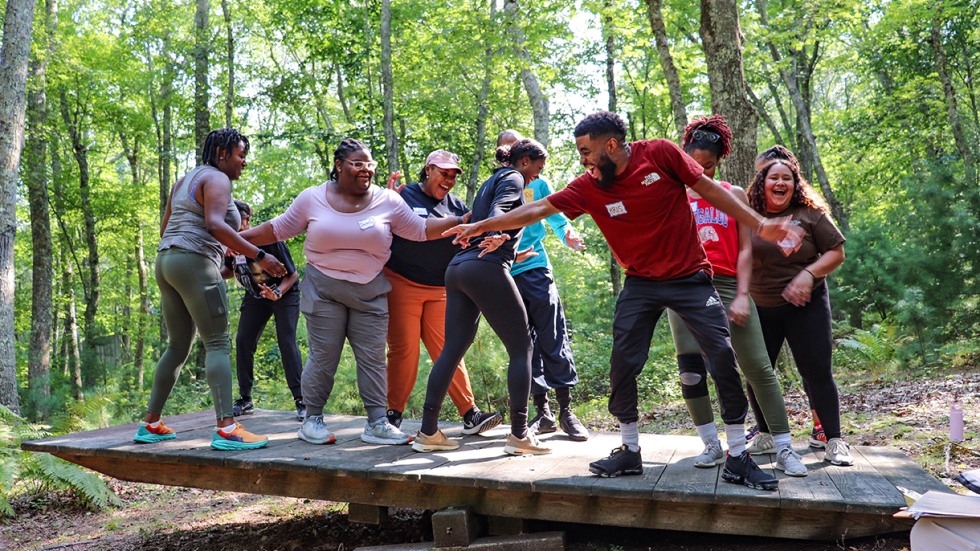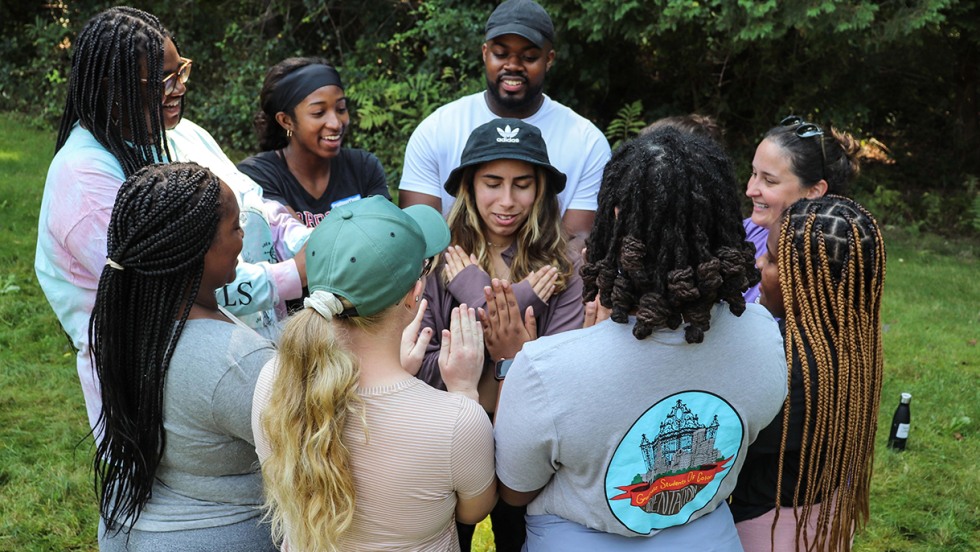PROVIDENCE, R.I. [Brown University] — As Shaunessey Burks applied to Brown’s master of public health program, she shared what “health equity” meant to her: “That everyone… [has] fair access to be as healthy as possible in every aspect… regardless of education, income level, sexual orientation, race or geography. Fair is the key word — not equal!”
The phrase carries personal weight for Burks. While studying biomedical engineering at Alcorn State University, she learned that the company that had employed her asthmatic grandfather for years was criticized for unsafe workplace conditions, a factor her family believed contributed to his death. Shocked and dismayed, Burks made it her mission to improve working conditions for people like her grandfather, and she started researching public health graduate programs.
“I realized I could combine engineering with public health to help save workers’ lives,” Burks said.
Burks is now one of 12 members of the inaugural cohort of Health Equity Scholars, a scholarship and leadership development opportunity for select students entering the MPH program at Brown. The members of the first cohort graduated from historically Black colleges and universities; the 2022 cohort also includes graduates of Hispanic-serving institutions and others who are from and intend to remain in Rhode Island. All of the students aim to pursue work that improves fairness and justice in health and health care.
Burks created her own occupational health curriculum as part of an interdisciplinary concentration available in the MPH program, one of many ways Brown enables students to chart their own academic course.
“I’m learning so much more than I would have with a standard curriculum, because I’m able to tailor the courses to my interests, take a broad approach that considers diverse aspects of this type of work, and talk directly to people in that field,” she said.
Burks’ goal is to reduce environmental health exposures that affect low-wage workers and their families. That’s what she did last summer as part of an industrial hygiene internship with Intel Corporation, a role she will continue to play in the position the company offered her after graduation.
Experiences like Burks’ — both inside the classroom and well beyond — are among the ways the Health Equity Scholars program is providing students from underrepresented groups the support, mentorship and professional as well as personal skills to thrive. Students receive full tuition plus paid research assistantships, and woven into the curriculum are mentoring opportunities and leadership development sessions.



